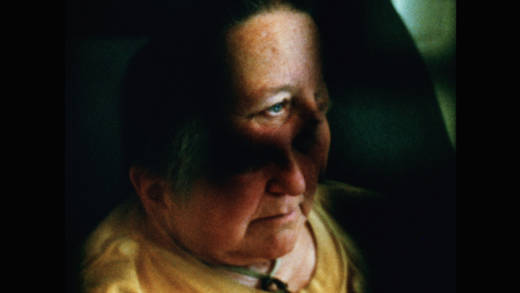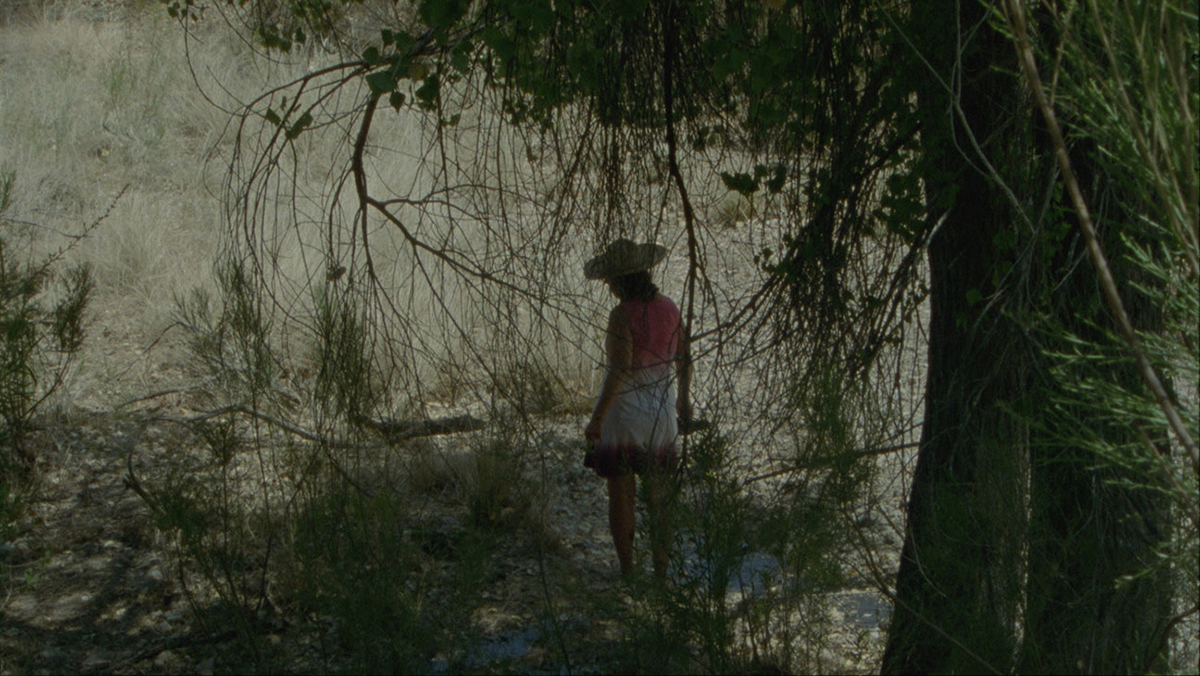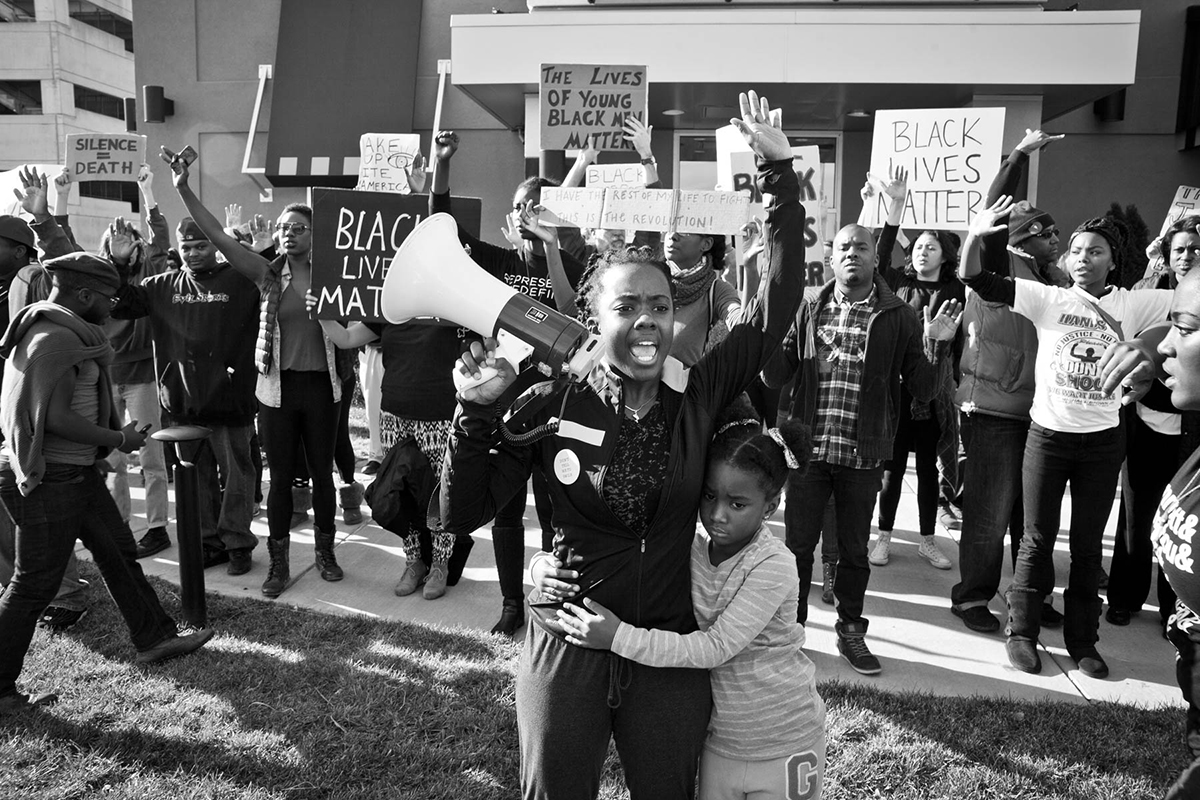A film festival necessarily tries to be many things to many people, and the 60th San Francisco International Film Festival looks to be a shrewd mix of party favors, art-house standbys, conversation pieces, and mysterious objects (The Human Surge being this year’s whatzit par excellence).
As always, the festival offers up a bulletin of auteur cinema, with new works by mainstays like Cristi Puiu (Sieranevada), Bertrand Bonello (Nocturama), João Pedro Rodrigues (The Ornithologist), James Gray (The Lost City of Z), Hong Sang-soo (Yourself and Yours), and the Dardenne brothers (The Unknown Girl), as well as ascendant figures like Alex Ross Perry (Golden Exits), Matías Piñeiro (Hermia & Helena), and Eliza Hittman (Beach Rats).

That list, like the “Masters” section writ large, is glaringly male, but several festival finds are directed by women. By the Time it Gets Dark, Anocha Suwichakornpong’s follow-up to Mundane History (2010), ripples out from the question of how to represent the long-repressed Thammasat University Massacre of 1976. What begins as a Bergman-esque psychodrama of a young filmmaker interviewing an erstwhile activist wanders off course partway through, slipping the bonds of past and future, self and other, human and animal. The many mutations of Suwichakornpong’s film suggest a view history itself as shape-shifter.
Similarly prismatic is Bad mama, who cares, Brigid McCaffrey’s quietly astonishing portrait of the geologist Ren Lallatin at home in the desert. An inventive film for an inventive subject, Bad mama, who cares dissolves body, work, environment, and a carousel of color into a gestalt of lived experience and everyday science fiction. The result is simultaneously dense, with more visual ideas crammed into its eleven minutes than a clutch of features, and serenely speculative.

Bad mama, who cares shows as part of SFFILM’s dedicated experimental program (“Who Cares. Who Sees: Experimental Shorts”), but several other worthwhile shorts are scattered throughout the festival. Bonnie “Prince” Billy and Bitchin Bajas perform a free musical interpretation of local artist Jerome Hiler’s luminous and rarely screened 16mm films.





